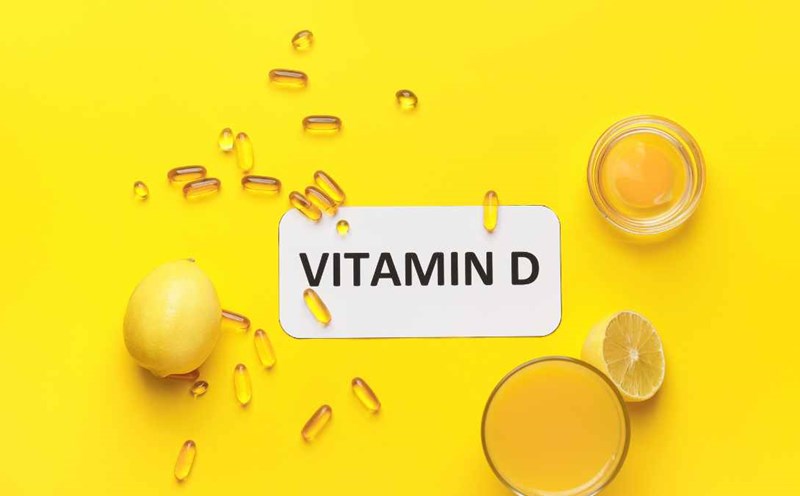People with little exposure to sunlight
Vitamin D is mainly synthesized through the skin when exposed to UVB rays from sunlight. People who work in offices, live in cold climates or cover their bodies when going out are susceptible to vitamin D deficiency.
People with dark skin
melanin in the skin can reduce the ability to produce vitamin D. People with dark skin or darker skin need more time to be exposed to sunlight to synthesize enough vitamin D than people with bright skin.
Elderly people
Older adults have the ability to synthesize vitamin D from sunlight less due to thin skin and less exposure to sunlight. They are also at risk of poor nutritional intake and poor absorption from the intestines.
Obesity or weight loss surgery
Vitamin D is a fat-soluble vitamin, so obese people can retain vitamin D in fat tissue, reducing blood activity. People who have had surgery on their stomach or intestines are also more likely to absorb vitamin D.
People with chronic diseases affecting absorption
liver, kidney, and intestinal diseases (such as Celiac disease, Crohn's disease, cirrhosis, or kidney failure) affect the metabolism or absorption of vitamin D from food and sunlight.
Strict vegetarians
Vitamin D is mainly found in animal-based foods such as fatty fish, eggs, and milk. Vegetarians who do not supplement or do not take fortified foods may be lacking.











